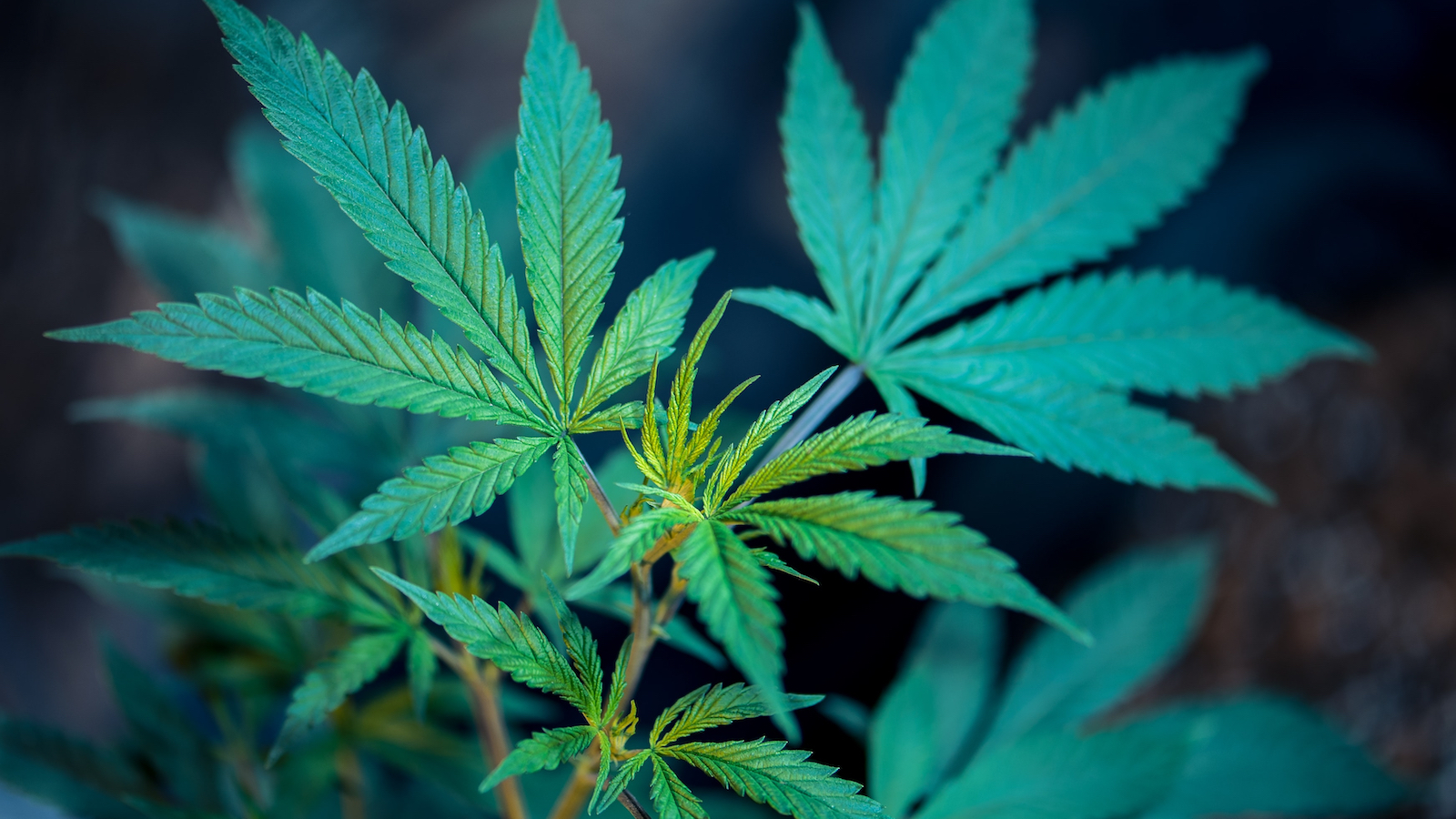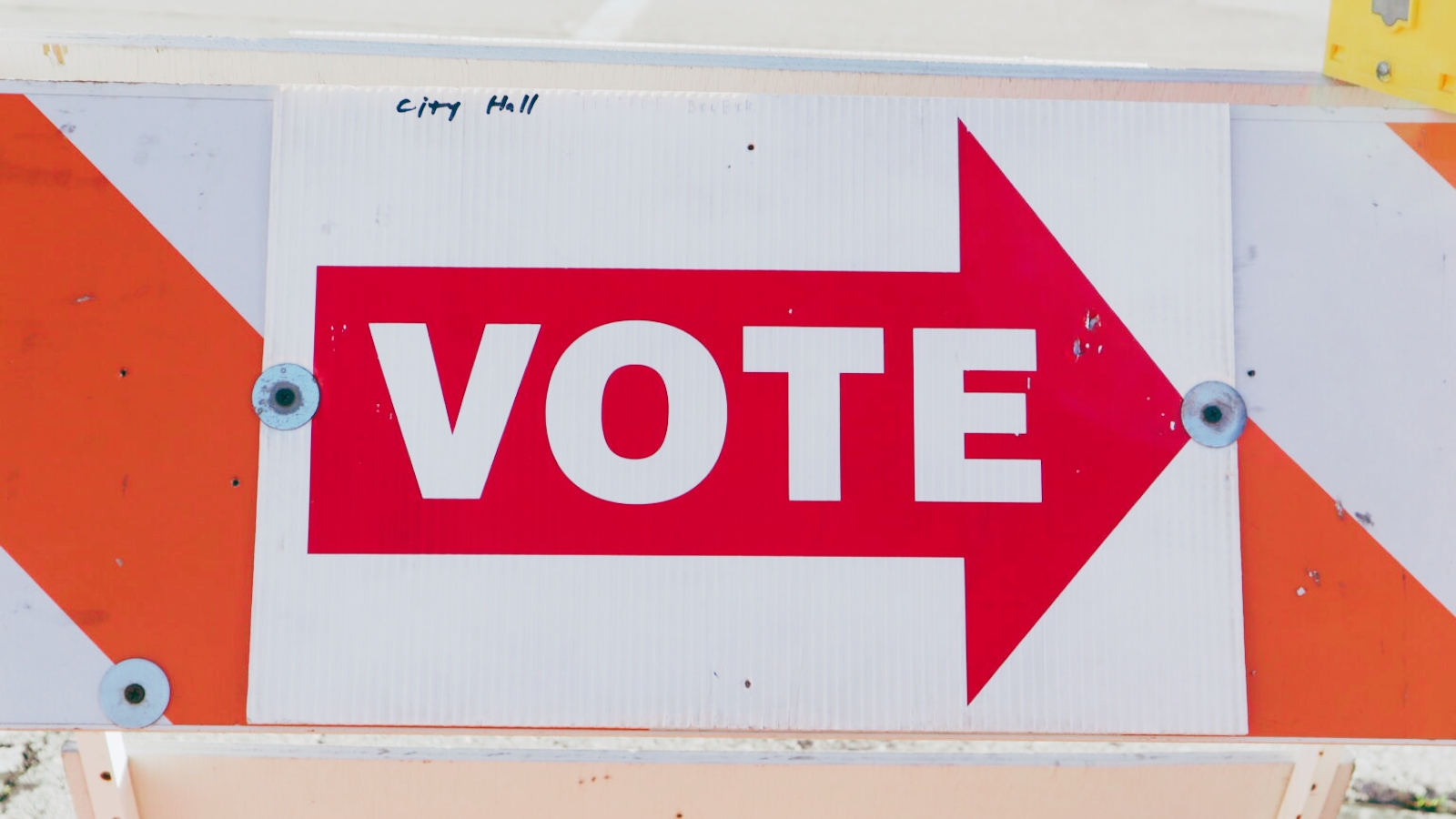
Joe Biden’s Marijuana Pardons
On Thursday of last week, President Joe Biden took a break from knowingly provoking nuclear war by using Ukraine to fight a proxy war against Russia, in order to pardon roughly 6,500 people who had been federally convicted of marijuana possession. He encouraged state governors to do the same and also instructed the Secretary of Health and Human Services, Xavier Becerra, and the Attorney General, Merrick Garland, to look into potentially rescheduling marijuana under the Controlled Substances Act.
Currently, despite being legal in some form in a majority of states, marijuana is a Schedule I drug, in the same class as heroin and above much more dangerous drugs such as methamphetamine.
For those who are being pardoned, and more broadly, for the prospect of bringing an end to the War on Drugs entirely, this is welcome news. As I previously mentioned, the pardons affect roughly 6,500 people, as well as thousands more who were convicted in Washington D.C. However, this latest move falls short in several ways.
The most obvious example would be that these pardons only apply to those convicted federally when most simple possession convictions happen at the state level. Biden did encourage state governors to remedy that part of the problem on their end, but the fact remains that the number of pardons is still a drop in the bucket compared to the overall amount of those convicted throughout the country.
Also, a Biden administration official stated that none of the 6,500 people affected by these pardons are currently in prison, as nearly everyone in federal prisons for marijuana are there on distribution charges. That isn’t to say that this move won’t benefit those 6,500 people, just that these pardons are not as far-reaching as they initially seem to be.
One group of people that won’t be affected by these pardons are those who were not legally in the U.S. when they were convicted. This highlights how Biden’s rhetoric on immigration remains detached from many of his actual policies. Given the fact that Biden used former president Donald Trump’s harsh immigration policies against him during the 2020 election, it’s disappointing to see Biden fail to be much better on the issue than his predecessor.
While these pardons and the potential rescheduling of marijuana are positive developments, they fail to address the root cause of the problem. Namely, that marijuana remains illegal on a federal level. To be fair, Biden does not have the authority to unilaterally legalize the plant, nor should he, which leaves that task in the hands of Congress.
There have been bills introduced in both the House and the Senate to legalize marijuana on a federal level—in fact, the Marijuana Opportunity Reinvestment and Expungement (MORE) Act, actually passed the House—but those bills making it through the Senate require bipartisan support, and Democrats in Congress seem unwilling to put in the work to gain Republican approval.
There are aspects of these bills that are clear issues for Republicans, and Democrats have made no effort to compromise where they can to help these bills become law. This brings into question whether or not Democrats actually care to end federal marijuana prohibition, as it appears these proposed bills were more performative than substantive. If Democrats, including Joe Biden, are serious about marijuana reform, there are more steps that they can take.
Pardon all cannabis (marijuana)-related offenses, not just simple possession.
Expunge all associated convictions.
End civil asset forfeiture.
Decriminalize all drugs at the federal level.— Justin Amash (@justinamash) October 7, 2022
Joe Biden issuing these pardons means he’s fulfilling one of his campaign promises, but Biden has not always had this stance on marijuana. During his time as a senator, Biden supported and even authored tough-on-crime legislation, most notably his 1994 crime bill, the ramifications of which have helped lead to the problem he’s now trying to mitigate. One has to wonder, what would make a long-time drug warrior reconsider his position? Has Biden truly changed his mind on the subject, or are his motives political? Personally, I think the answer is obvious.
Biden’s extensive contribution to the drug war isn’t the only thing that’s ironic about these pardons coming out of this administration. Vice President Kamala Harris spent much of her career prosecuting people for using marijuana. She has also claimed her opinion has changed on the matter, but again, has she honestly changed, or has it become more politically viable to express support for marijuana reform rather than oppose it?
Polling suggests that marijuana legalization is supported by a majority of U.S. citizens, and that support spans across the political spectrum. Not only has support for legalization increased in recent years, but a recent Gallup poll shows that a majority of Americans view marijuana positively in general. Clearly, it would be unwise for politicians looking to get reelected to oppose efforts to reform federal marijuana policy.
With that in mind, it’s important to note the timing of these mass pardons. As I stated earlier, Biden campaigned on pardoning people convicted of marijuana possession. Why then, did he wait over a year and a half into his term to fulfill a promise that he could’ve done on day one with the stroke of a pen?
Once again, I think the answer is obvious: the midterms.
Life for the average U.S. citizen has not been great since Biden took office, and Democrats are in need of some political capital before Americans head for the polls. The recent overturning of Roe v. Wade gave Democrats something to rally their voters around, but that may not be enough to distract from a drastic rise in inflation or the state of the economy in general.
People are also still very aware that Democrats largely supported the lockdowns, vaccine and mask mandates, and all the other harmful COVID-19 mitigation policies we were subjected to. Democrats also seem to be willfully ignorant that a large portion of the populace opposes much of the critical race theory and gender ideology curriculums of public schools, and voters haven’t forgotten the disdain Democratic politicians have had toward parents wanting a say in their children’s education.
Most recently, Biden’s insistence on sending U.S. tax dollars to Ukraine—despite the risk of nuclear war that policy creates and despite the many problems we face here at home—is not popular with the average citizen. Recent polling suggests most Americans would prefer diplomacy, something the Biden administration has refused to engage in since the onset of Russia’s invasion of Ukraine. Apparently, stoking nuclear war with Russia is not a good way to ensure votes for your party.
With all that being said, it appears (to me, at least) that Biden cares less about pardoning people convicted of marijuana possession or reforming marijuana policy in general, and more about trying to secure votes for his party in the upcoming midterms which are right around the corner. This tactic isn’t unique to the Biden administration, as all politicians behave in similar ways, but it is important to recognize when it’s happening and to call it out.
I support these mass pardons, and even if it is all a ploy to garner votes, I welcome more moves like this one. However, we shouldn’t give Biden or his administration too much credit for something that barely scratches the surface of the problem and was only done for political reasons. We should all demand better from our politicians.
Free the People publishes opinion-based articles from contributing writers. The opinions and ideas expressed do not always reflect the opinions and ideas that Free the People endorses. We believe in free speech, and in providing a platform for open dialogue. Feel free to leave a comment.



